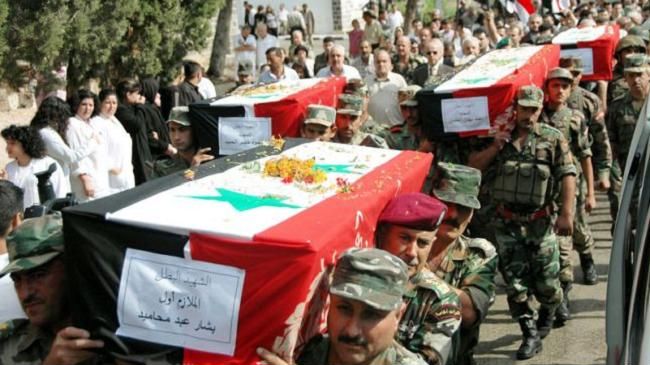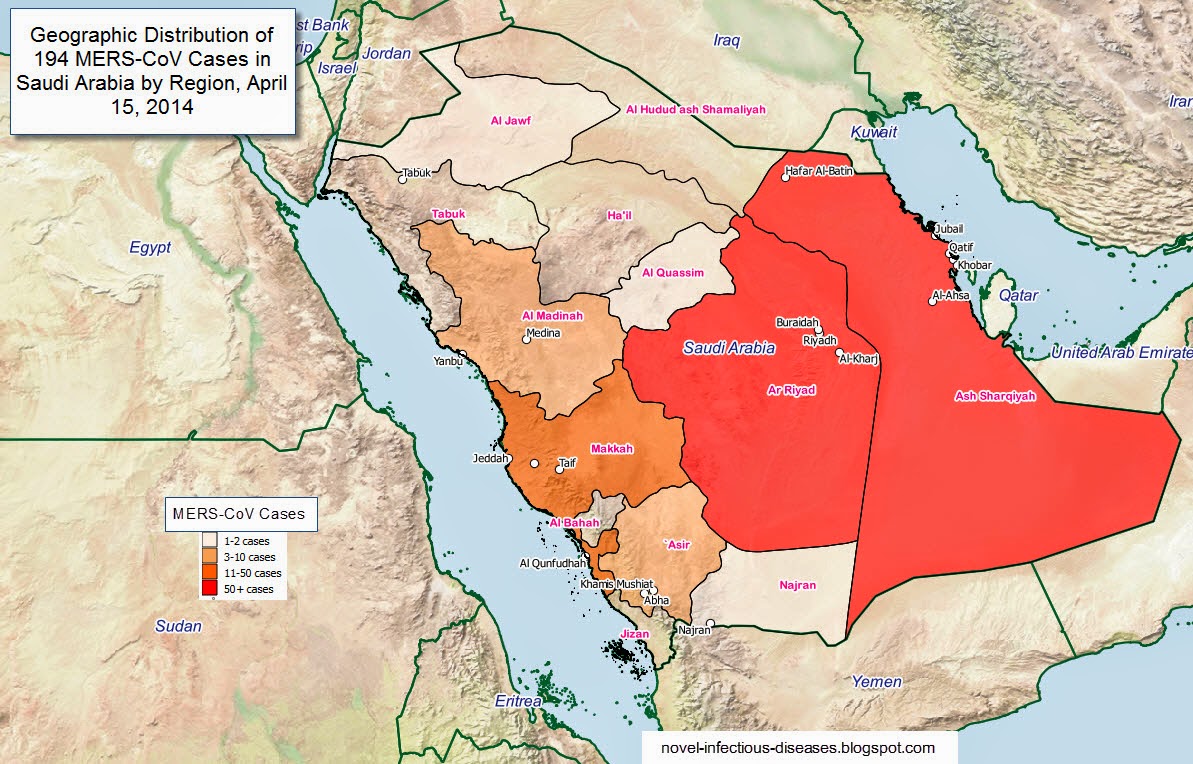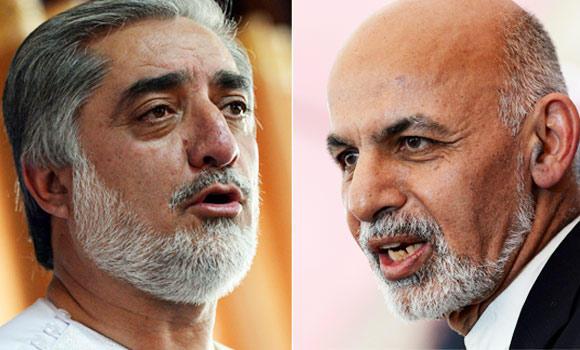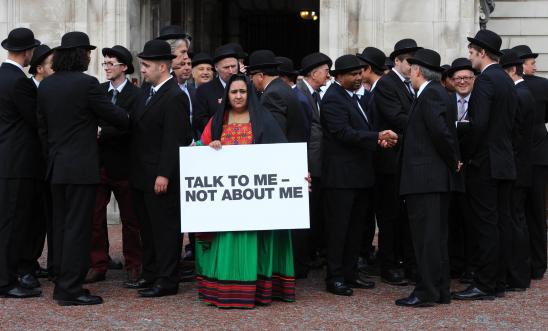[captionpix align=”left” theme=”elegant” width=”320″ imgsrc=” http://i.telegraph.co.uk/multimedia/archive/02232/sy_2232209b.jpg” captiontext=”Families gather to bury the victims of the al-Houla massacre (Photo: The Telegraph)”]
Syria is reaching a tipping point. Less than two weeks after the al-Houla massacre that left more than 100 dead, activists have once again accused the al-Assad regime of brutal attacks in the central province of Hama. Reports indicate that at least 70 have died as a result of shelling and execution-style attacks by government forces.
If these reports are confirmed, yesterday’s attacks would make the last two weeks the bloodiest Syria has seen since the implementation in April of the joint UN-Arab League peace plan, led by Kofi Annan. Rebel forces have already stated that in light of the al-Houla attacks, they will no longer be honouring the already very shaky ceasefire. Today’s events will only make that all the more true.
With the situation becoming increasingly grave, the international community is desperately searching for a solution to the Syrian crisis. Many see the upsurge in violence over the past few weeks as a clear sign that the peace plan is failing and that the international community must take further action to prevent Syria from becoming engulfed in an all out civil war. Though there is certainly a consensus that something must be done, until now there has been little agreement over what this action will entail.
Providing so-called ‘lethal assistance’ to the Syrian opposition may at first seem like a logical solution to the crisis. The military capabilities of the Syrian regime currently vastly outweigh those of its opponents—the Free Syrian Army (FSA)—and therefore it is suggested that providing further arms to the FSA will help tip the balance of power in their favour. This has in fact already begun, with recent reports indicating that with the help of US coordination, Syrian rebels are starting to receive arms—including antitank weaponry—from the Saudi and Qatari governments. Many analysts warn, however, that arming the FSA may very well result in a prolonged stalemate and thus a protracted conflict—the exact opposite of the desired outcome.
With effective adherence to Kofi Annan’s six-point plan becoming increasingly unlikely with each passing day, the search for a new solution has begun. Efforts have now been largely focused on getting Russia on board for a transitional plan for Syria, one that inevitably must involve Assad’s departure. Throughout the conflict, Russia has largely been seen as an impediment towards resolving the Syrian conflict. A long time ally of Damascus, Moscow has vetoed UN-resolutions condemning the killings committed by government forces. Syria is also one of the largest buyers of Russia’s weapon exports, a relationship Russia has seen no reason to end until now.
Does Russia Hold the Key?
This all may be changing. It is becoming increasingly clear to Russia that action must be taken to change the situation in Syria, and Moscow has begun to work with the United States on a plan to remove Assad from the country. What will be crucial to success is whether or not Russia and the United States can agree on an end goal for Syria. Secretary of State Hilary Clinton is reaching out to Russia to develop a solution that includes a political transition removing the Assad regime from power.
A political transition in Syria will not be possible without Russia’s support. This will largely depend on convincing Moscow that its strategic interests in Syria are not dependent on Assad’s being in power, a conclusion that seems to be drawing nearer with each passing day. Convincing Russia will be the easy part. If Russia and the United States can agree on both a goal and a plan—already a big if—the real work will be finding the right incentives necessary for Assad to step down.
Peace over justice
It is difficult to say whether or not Assad could be convinced to accept an amnesty deal and step down from power. He has shown more determination than any other leader faced with the Arab Spring to hold on to power at any cost, as evidenced by the increasingly bloody battle. But his regime is also in serious trouble. Financing the increasingly costly war has only been possible due to support from its international allies. If that support were cut off, the regime may soon find itself without the funds to support the war it is waging on its people. This opportunity to act may not last. Let’s hope Russia can do so before its too late and this brutal conflict reaches the point of no return.




